7 Common Types of Drain Blockages and How to Deal with Them?
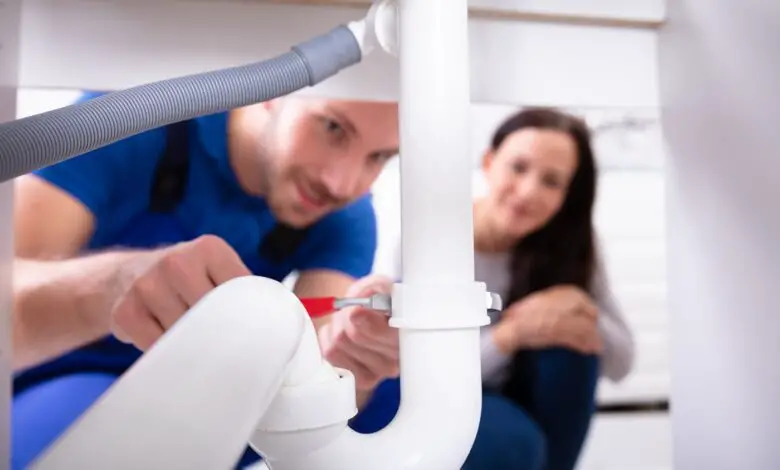
Drain blockages can be a nightmare if not properly treated or prevented. They can happen anytime. Sometimes blockages depend on the change of lifestyle and weather. Blocked drains can make anyone anxious. It is essential that you must figure out why the drains of your house, be it the bathroom or kitchen, are blocked. If you find out the reason, you can look for a solution.
With a few preventative maintenance tips mentioned below, you may be able to avoid the blockage altogether.
1. Tree Roots
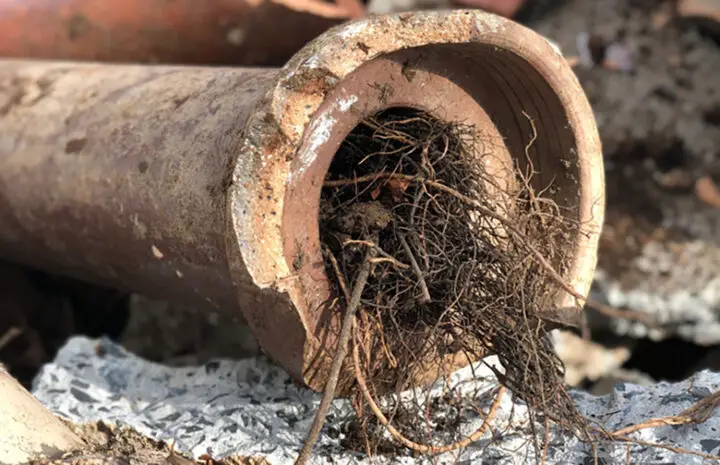
Tree roots are one of the leading reasons for clogged drains. If the waste pipe has a breach or the root system is powerful enough to break through, tree roots will infiltrate it.
Some plumbers say that the pipe must have been broken before the penetration and that tree roots could not have caused the break. Tree roots wreak havoc on pipelines in any case. This is a regular occurrence in homeowners with huge trees close to their property.
Using a jet rodding machine is the only option to clear the obstruction. Excavation and pipe relaying will be necessary if the drain needs to be repaired. The pipe might be inside relined without excavating, depending on the type of break.
The best solution is to cut down the tree and prevent the roots from spreading. However, if the tree is protected by the council, this is not always possible. To avoid an unanticipated blockage, you may need to schedule a yearly drain cleaning and inspection.
2. Hair Drain Blockage
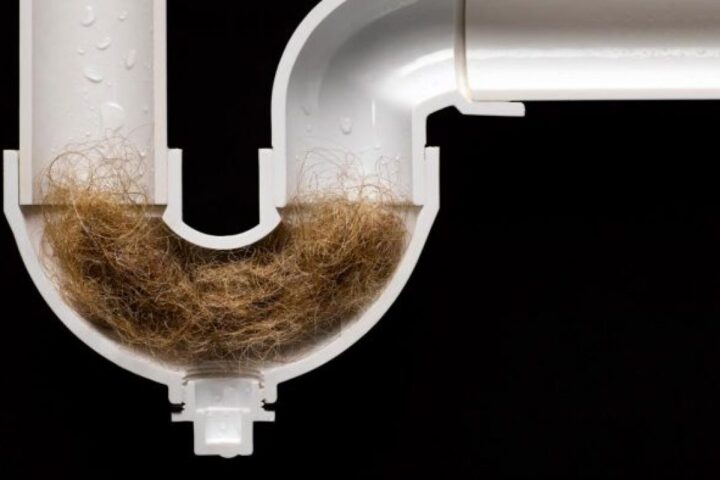
Hair is a typical cause of shower clogs. A buildup of hair, combined with shampoos and conditioners, can produce a slurry at the drain’s bottom, clogging it.
Sulfuric acid in a drain cleaner will eat away at this slurry and cleanse your shower drain. The obstructing mass can also be removed via a sani-snake. After washing your hair, don’t force it down the drain to avoid hair going down the drain. Place the strands in the trashcan after retrieving them. Alternatively, a shower hair filter can be added to the floor grate.
3. Fat And Grease
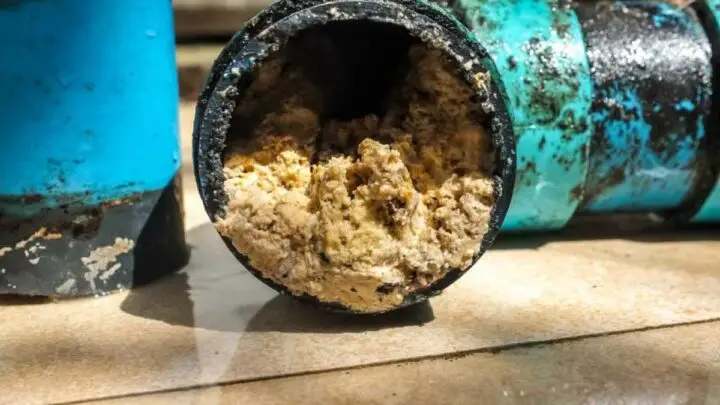
Fat ad grease collect in your kitchen sink in the same way that hair does in your bathroom. As a result, when it comes to the most prevalent causes of drain blockages in the home, these slimy things are at the top of the list. What makes matters worse is that removing grease and fat from drains and pipelines is quite tough. As the fat and grease pile up, the block becomes so severe that it won’t even let any liquid pass through. As a result, removing kitchen grease from your drain pipes is quite challenging.
A tried-and-true clogged drain home cure is baking soda and vinegar. Pouring boiling hot water down the drain is another alternative. However, keeping grease and fat out of your home’s drainage system is the best remedy. Even if you regularly clean with the procedures above, grease will likely cool and harden if you continue to dump it in the kitchen sink. As a result, it’s preferable to place the fatty items in a container and throw them out with your ordinary trash.
4. Damaged Drain Pipes
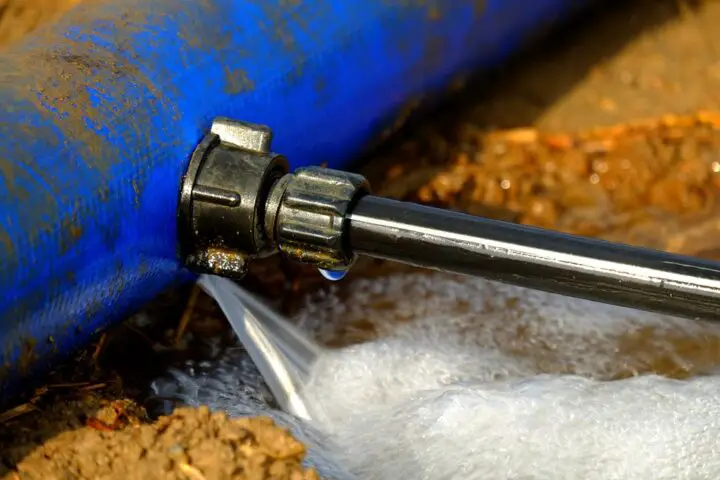
A damaged pipe is one of the rarer reasons for clogged exterior drains. Drain pipes outside your home can break for various reasons, including normal wear and tear or even daring tree roots. A pipe with even the tiniest cracks, on the other hand, is more prone to clogging than one with a completely intact construction. Broken pipes are also the most difficult to identify because they must be examined visually.
A skilled plumbing service can help you with this. If you suspect a pipe breakage you can always click here for help. You should also look for signs of a broken pipe, such as stains on the wall and water leaks.
5. Food Waste
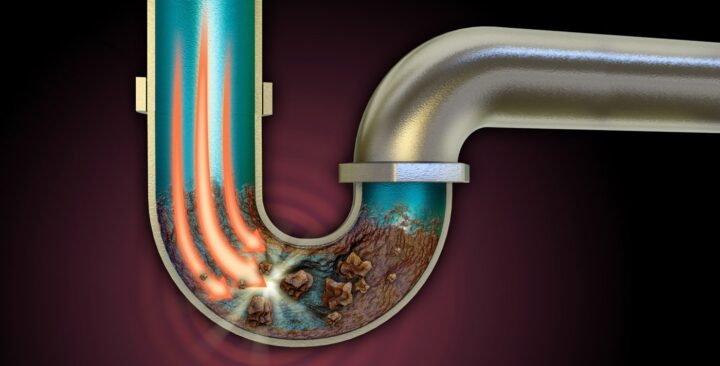
Food waste is a significant contributor to clogged sinks and garbage disposals. These chunks become stuck in the drains and stack up until you have a massive clog. You must also be cautious about the types of food you throw down at the disposal, as some foods are more harmful than others. Tea leaves and coffee grounds, spaghetti, and rice should not be poured down the disposal because they might become stuck in soap scum and other blockages in your pipes, resulting in a severely clogged sink.
6. Mineral Blockage
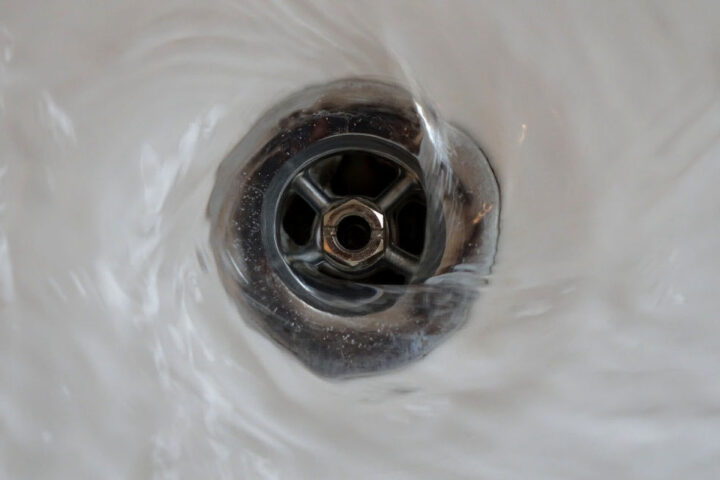
The minerals in the water are one of the most common causes of blocked drains. Minerals in hard water pile up in your pipes and make draining difficult. Installing a water softener in your home is the greatest answer.
If you are unable to do so, schedule a time to remove the accumulation and descale regularly. The easier it will be to remove the mineral accumulation, the more often you do it. The unpleasant truth is that the longer you wait to clean your pipes and drains, the more difficult it will be to unclog them.
7. Foreign Objects
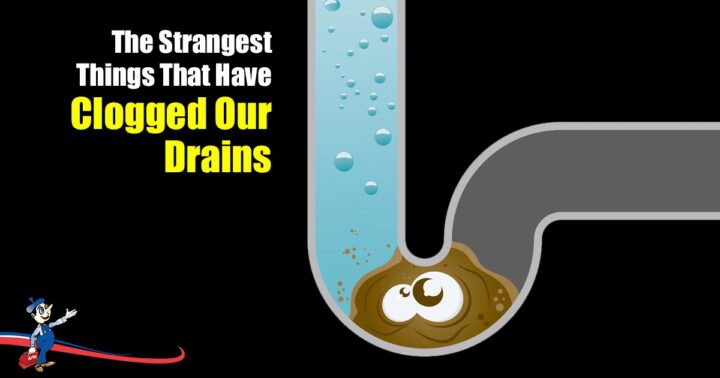
Water and human waste are the only things your drainage system is designed to handle. Nothing else should be flushed or washed down the toilet. If an object, such as a toy or jewelry falls down your drain, it may become trapped in the pipe, preventing water and garbage from moving through. Because it can lodge at any point in your drainage system, these can be extremely tough to remove. These things can be challenging to remove and may become caught again as they pass through the pipe. Instead of going through hours attempting to unclog with a plunger, it’s best to call a drain cleaning service provider.
Conclusion
Because there are so many causes of blocked drains, it’s critical to take preventative actions whenever possible. Never flush anything down the drain that doesn’t belong there, and never use strong chemicals to clean drains. Instead, plunge the drain or use a plumber’s snake to clear the obstruction. However, if your blocked drain becomes an emergency, call a professional plumber as soon as possible.
